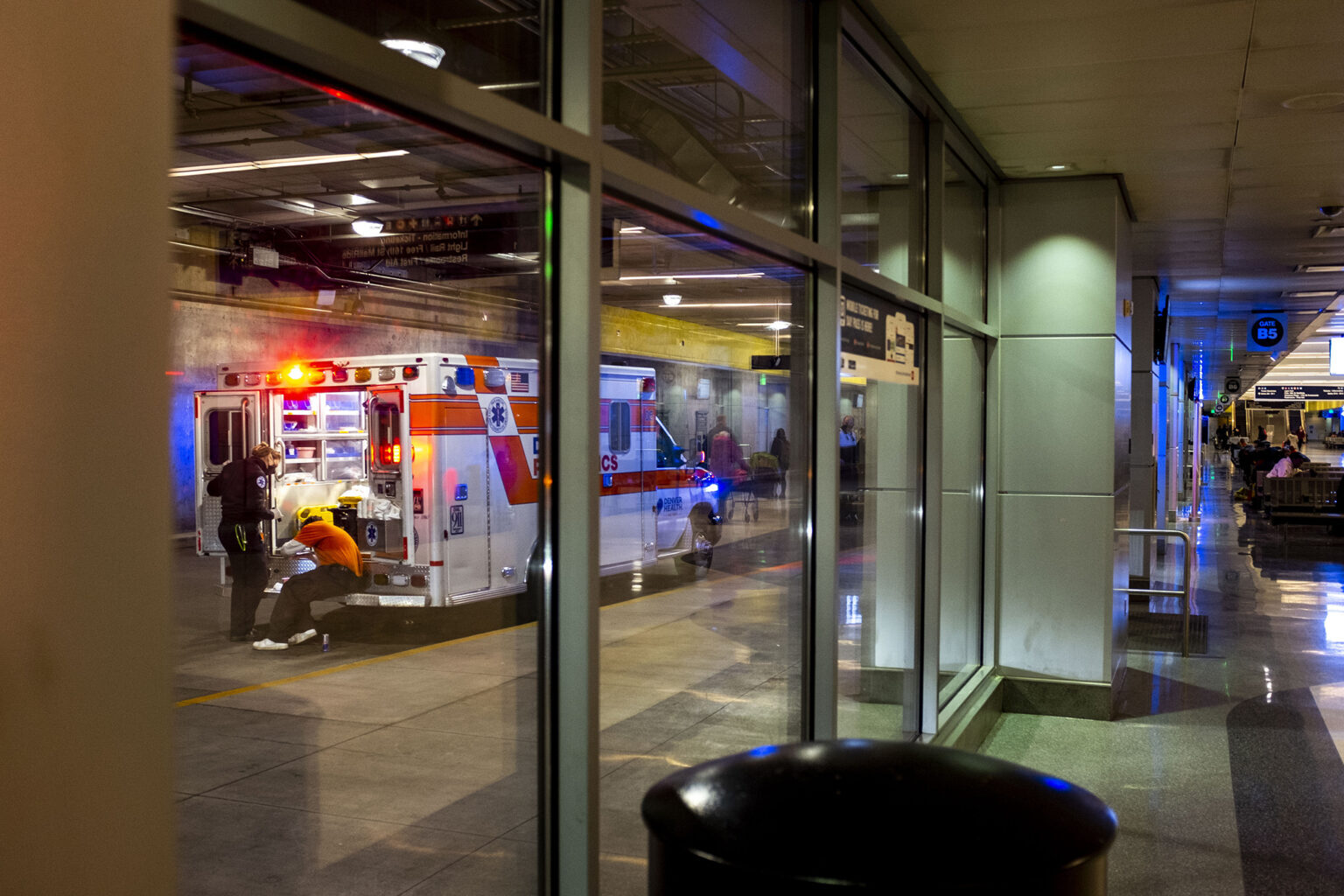- cross-posted to:
- thepoliceproblem
- cross-posted to:
- thepoliceproblem
Colorado’s law enforcement officers will no longer recognize “excited delirium” after a state regulatory board voted to strike the controversial diagnosis on Friday from all training documents starting in January.
The move, which was passed at the state Peace Officers Standards and Training board meeting unanimously and without debate, comes as two Aurora paramedics face felony charges for giving Elijah McClain, an unarmed, innocent Black man, an overdose of ketamine, in part, because they believed he was suffering from the condition.



As a former firefighter and EMT, the very first rule you apply to any interaction/call/scene is “scene secure scene safe”. The idea is to not walk into a dangerous scene and become an additional victim. (Consider walking into a traffic accident, or walking into a live electrical line).
It also applies to violent or dangerous situations. In each case we look to the expert to get us to the scene. For the traffic accident we look for firefighters or other units to block traffic. For electrical, we look for the utility folks.
For potentially violent spaces we look to police. They have the “security” authority.
So this gets ugly when cops flex authority, and in this moment we have no authority. Obviously we have professional candor, as we see these people on calls all week, but if they go hard we can’t overrule them.
In other words… you’re looking to the people most likely to cause the violence.
Unfortunately yes but there’s no one else with that authority on security especially
Well… that’s the crux of the problem, isn’t it?
Who would you recommend?
You mean you get a choice?
If you do, I’d suggest not trusting a violent institution that was perfectly fascist in nature long before Mussolini coined the term.
Of course… I know you don’t. That’s the whole point of police, isn’t it? They are forced upon us no matter what we think.
Does the policy extend to when they want you to do something medically? You have no say when a cop tells you to inject an air bubble in someone’s carotid? I don’t believe it.
The cop wouldn’t decide something like that no.
They would decide “this person is dangerous” type of stuff